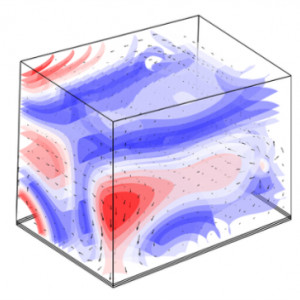 \
&
Contact us
\
&
Contact us
 \
&
Contact us
\
&
Contact us
The aim of the European Commission is to increase the competitiveness of the different European transport industries and achieve a European transport system that is resource-efficient, climate-and environmentally-friendly, safe and seamless for the benefit of all citizens, the economy and society. This is translated into these 4 objectives:
1) To make sure the industry shows more respect for the environment by making vehicles, aircrafts, vessels, etc. more ecologic and resource-efficient
2) To create better mobility, less congestion, more safety and security with a substantial reduction of traffic congestion
3) To ensure that the European transport industry becomes a global leader
4) To stimulate the socio-economic and behavioral research and forward looking activities for policy making. This way they want to make sure the societal challenges brought upon by the increase of transport are better addressed.
The work program is based on these four objectives and consists of these categories for Calls for proposals:
- Mobility for growth
- Green vehicles
- Small business and Fast Track innovation for transport
- Other actions to complement the first three categories
info@ncpflanders.be
+32 2 550 15 65
Infosheets contain edited content on aspects related to this programme. They are reviewed at least yearly.
Related links are easy pointers towards external information. We curate the list, but are not liable for the destinations.
Documents contain additional information related to this programme, and are similar to related links.

The Marie Skłodowska-Curie Action (MSCA) European Innovative Training Network “PBNv2 - Next generation Pass-By Noise approaches for new powertrain vehicles” started in May 2017. Their research has the shared objective of investigating the possibilities to decrease pass-by noise of vehicles.
The project is a collaboration between 17 research institutions and companies in the European automotive R&D and provides a learning environment for 14 PhD fellows. The Belgian partner is the Noise and Vibration Research Group of KU Leuven, and this project is one of the many Horizon 2020 MSCA Innovative Training Networks that the KU Leuven research group participates in.